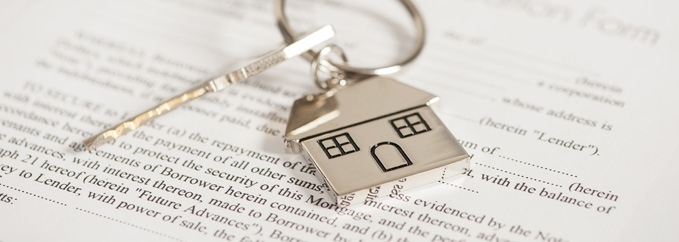
NEWS: Off target?
Oh dear. Just as the media is clamouring for more insight into the housing sector after the Brexit vote, the cross party Economic Affairs Committee releases a report called Building More Homes. It's conclusion? The government isn't. Building more homes, that is.
In fact, the committee goes further and says that the government's target to build new homes isn't nearly tough enough, and should be increasing its current commitment by a whopping 50 per cent. That means 300,000 new homes would need to be built each year which, says the National Association of Estate Agents (NAEA), “is a tall order.”
“Politicians can set as many targets as they like but unless we look at the reasons why not enough houses are being built things will not improve,” says Mark Hayward, Managing Director of NAEA.
In other news, the private rented sector continues its rapid growth across the UK; while a new forecast says that house prices will fall by 1% in 2017 before rising by 2% in 2018.

What every landlord needs to know
So you want to rent out a property. Where do you begin?
Well, first of all you need to get into the right mindset because being a landlord isn't a hobby. If you are going to profit from it — and, presumably, that's why you want to do it — you'll need to think of it as a business.
To make things easier, you could hire the services of a letting agent; or you can go it alone and be a DIY landlord. Whatever you decide, your rental property needs to be in a good state of repair — and remember: when something goes wrong with, say, the plumbing, heating, hot water or wiring, you'll be the one called in to sort it out.
You will also need to provide a gas safety certificate and a registered engineer will need to check appliances. Electrical equipment also has to be checked. Smoke alarms need to be installed and carbon monoxide alarms fitted in rooms with a solid fuel appliance.
An Energy Performance Certificate (EPC) is also a legal requirement. New laws mean that from 2018 it will be illegal to rent out property with an energy efficiency ratings of F and G.
Above all, before you take the plunge, do your homework and talk to others who have been or are landlords, and join an association.

